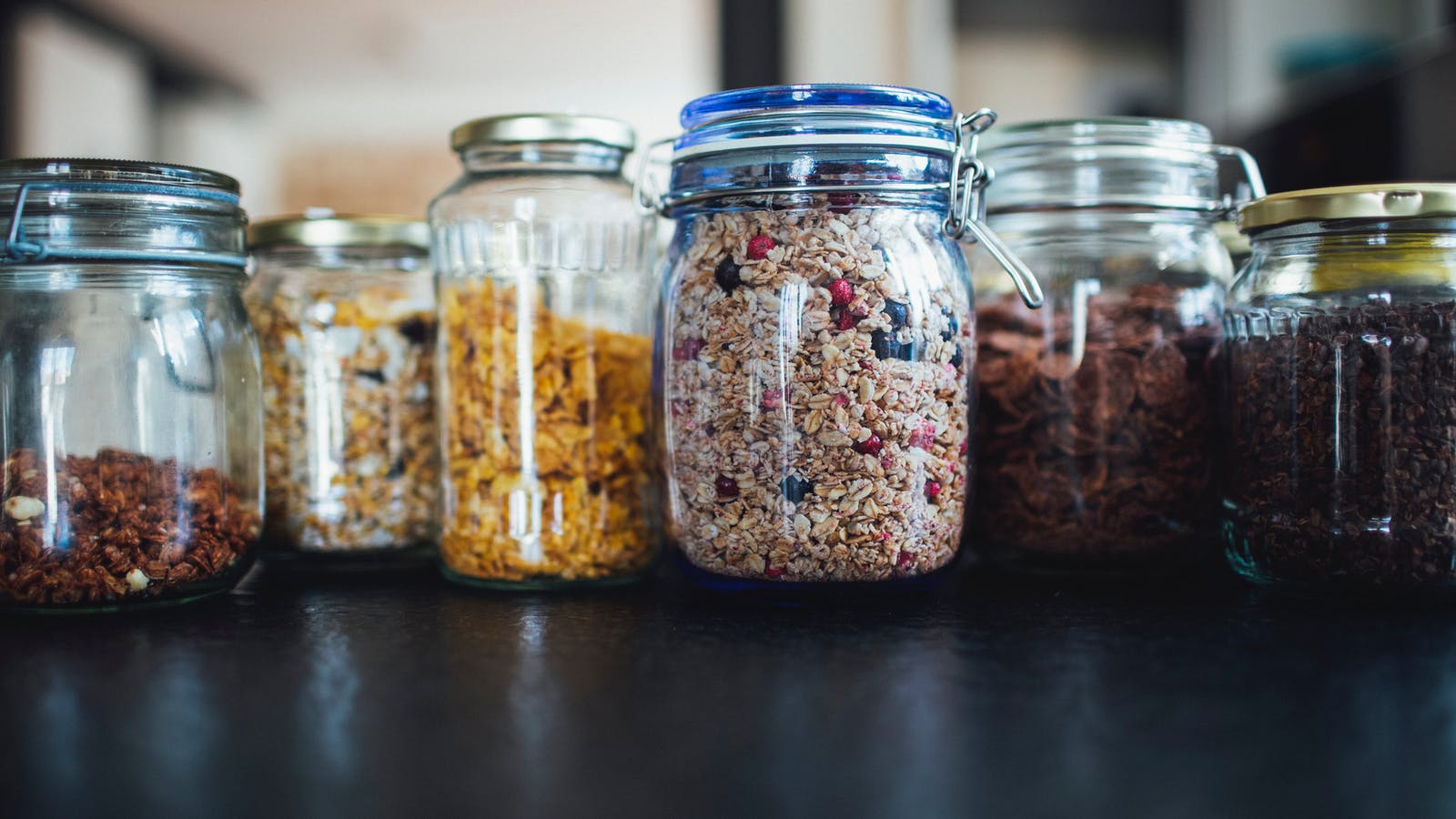Magnesium is a mineral that plays an essential role in more than 300 biochemical functions of the body, such as the regulation of heart rate, the nervous system and even sleep. It is also of great help in relieving pain and muscle spasms, stimulating digestion (it effectively fights constipation) and preventing migraines.
The body contains 20 to 30 g of magnesium, 60% of which is found in bones and 30% in muscles.
You will have understood: it is vital for our health . The current daily recommendation for the adult population is 300 mg/day of magnesium for women and 350 mg/day for men. However, it is estimated that 80% of people are deficient due to the poor condition of agricultural soils or an unbalanced diet . The main signs of a deficiency in this essential mineral are: stress , anxiety , cramps, sleep disorders and chronic fatigue.
To address these deficiencies, here are 5 foods you can add to your diet to increase your magnesium intake:
Spinach
Spinach, and more generally green leafy vegetables, are excellent sources of magnesium . One cup of cooked spinach contains about 157 mg of magnesium , or 39% of the recommended daily intake. Furthermore, they are rich in iron , manganese and vitamins A, C and K. But good !
Little tip: Don't cook them for too long as you risk losing the nutrients, especially when you cook them in boiling water.
Whole grains and pseudo-grains
Whole grains are a source of dietary fiber, vitamins, minerals and antioxidant compounds. Their outer shell, also called bran, is an important source of magnesium . This is why refined cereals, from which this coating has been removed, are considered demineralizing or acidifying. We therefore favor wholemeal bread, wholemeal pasta or even wholemeal rice. Special mention, however, for pseudo-cereals such as buckwheat and quinoa, a 100g portion of which provides 230mg of magnesium .
Oleaginous fruits
Oilseeds are divided into three categories: oilseeds (flax, squash, sesame, sunflower, etc.), dried oilseed fruits (almonds, walnuts, hazelnuts, pistachios, etc.) and oilseeds (olive, avocado, coconut).
Almonds and cashews are particularly recommended to cover daily magnesium needs. They contain around 230mg per 100g. Less known, but much richer in minerals , the Brazil nut can be considered a superfood since it provides 375mg of magnesium per 100g. Also anti-inflammatory, they are a perfect snack!
It is advisable to include oilseeds in your nutrition. They fit into a balanced diet.
Bananas
They are known for their high potassium and vitamin content, but they are also the fruit richest in magnesium . For 100g, they provide almost 35mg. The dried form of banana provides 105mg per 100g. More generally, dried fruits like figs, dates or apricots are little bombs of magnesium.
Dark chocolate
It is very rich in magnesium, with 64mg per square, or 16% of the recommended daily intake.
100 g of cocoa powder provides around 500 g while dark chocolate with 70% cocoa provides around 170 mg per 100 g.
Dark chocolate also contains prebiotic fiber that feeds the healthy bacteria in your gut, and is loaded with beneficial antioxidants. To make the most of its benefits, be sure to choose a product containing at least 70% cocoa solids. A higher percentage is even better. ;)

